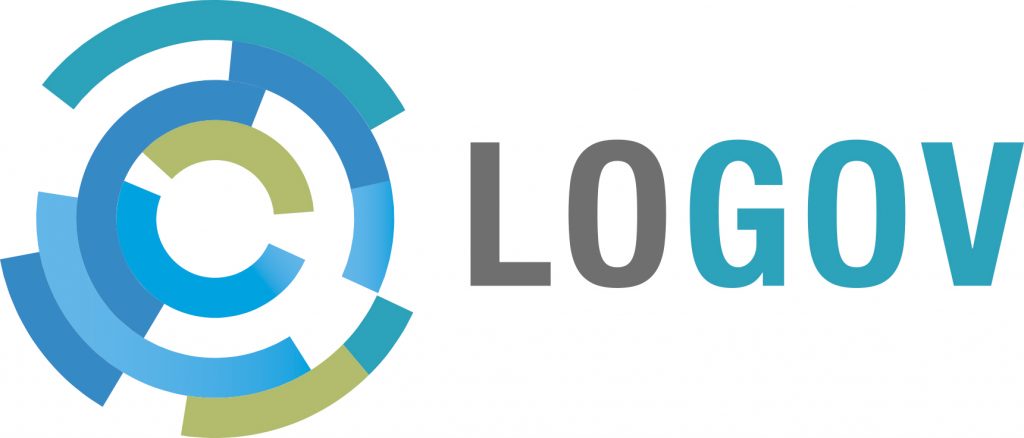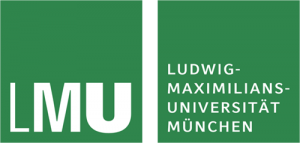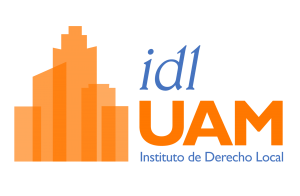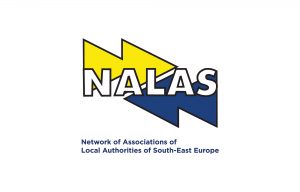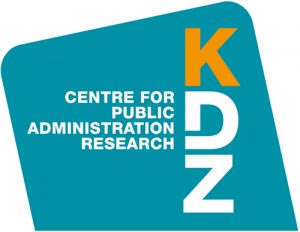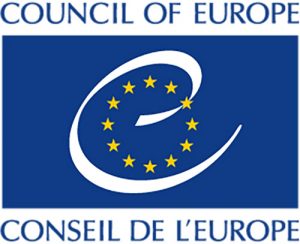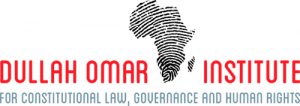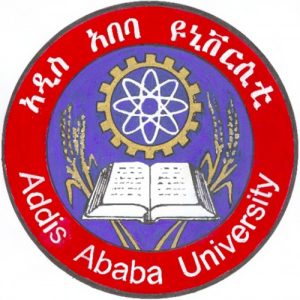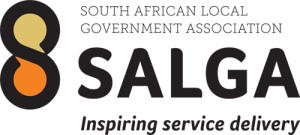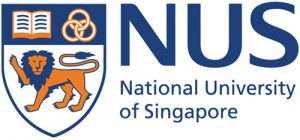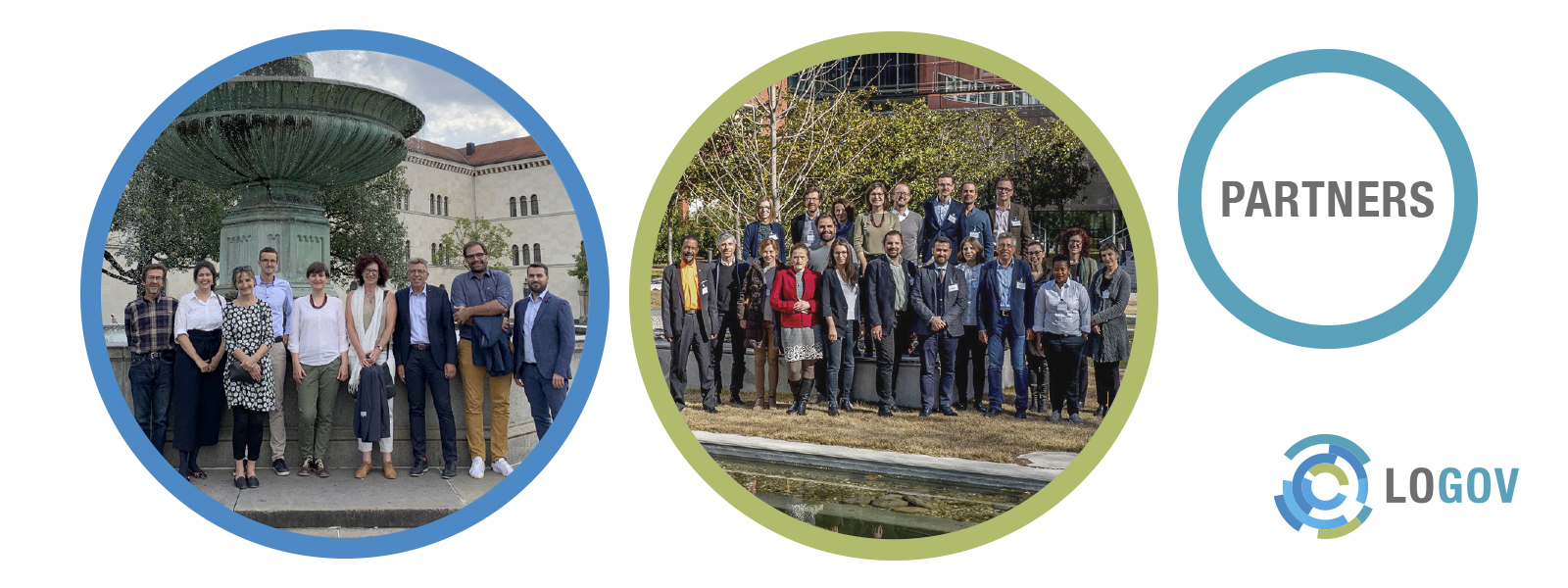
Eurac Research
Institute for Comparative Federalism
The Institute for Comparative Federalism of Eurac Research in Bolzano/Bozen, South Tyrol, Italy, carries out comparative studies and applied research on federal, regional and local issues. Since the foundation of Eurac Research in 1992, the researchers of the Institute for Comparative Federalism have performed comparative and problem-solving oriented research throughout Europe and on a global scale, from both legal and political science perspectives.
The Institute’s work has three closely connected aims. First, to study federal, regional and local systems as well as decision-making processes in order to maintain an up-to-date knowledge base of the most recent legal frameworks and techniques of governance. Secondly, to apply this knowledge by analysing and resolving specific multilevel governance challenges in key policy areas, such as environmental issues, financial relations, cross-border cooperation, migration, immigration and education. Third, to challenge some of the most consolidated approaches in comparative federalism and democracy studies by advancing research agendas across disciplines as to institutional innovation and participatory democracy in both developed and developing compound states, and in various policy fields.
The team, composed of comparative constitutional lawyers and political scientists, looks at how constitutionalism and transnational law affects the governance of societal and territorial pluralism, especially through the lenses of federalism as a governance tool. This requires to critically rethink the conceptual framework and traditional research agendas in the fields of comparative federalism, regionalism, democracy, minority rights and autonomy studies.
LMU Munich
Research Center for Public Procurement Law and Administrative Cooperations
The Research Center concentrates on the analysis, scientific investigation and development of different types of execution of public tasks that are based on division of labor. A modern government is increasingly dependent on cooperating with other governmental actors as well as private institutions at all levels (federation, states, municipalities, social security institutions, universities, etc.). This includes classic forms of inter-municipal cooperation, as well as future prospects of an increased cooperation between the federation and the states or between different states, but mainly all phenomena of privatization including (international) Public Private Partnerships. Those Partnerships can be based on either public-law or a private-law contract. The founding of private-law companies is particularly important, since it provides a significant intersection with the fields of Public Economy. From a legal point of view, administrative cooperation is particularly a challenge for European and constitutional law as well as administrative law. In individual cases, however, Business Law, Competition Law and Criminal Law may also be affected.
Autonomous University of Madrid
Instituto de Derecho Local
The Instituto de Derecho Local (Local Law Institute. IDL-UAM) is a leading research center of the Universidad Autónoma de Madrid (Spain) for the study of law and governance issues related to the local government.
The IDL-UAM staff and associates come from diverse academic backgrounds, from law and political science, to economics and environmental science, an advantage that allows an interdisciplinary research approach.
Our academic work is focused on topics such as local government autonomy, public procurement, land use and planning, taxes and public spending, public services and policy analysis, among others.
In addition to our research projects, the IDL-UAM organize postgraduate studies (master and doctorate) addressed to public servants, lawyers and other professional profiles connected with the local government.
The IDL-UAM has developed a stable partnership with different local governments of the Madrid Region, a collaboration that is carried out over a wide range of areas such as public servants training, international conferences and seminars organization, and consulting over local law enforcement issues.
University of Fribourg
Institute of Federalism
The Institute is a nationally and internationally renowned, politically independent centre of expertise in questions of state organisation. As such, it develops the academic foundations concerning the tasks of a state and the conflicts of interests the latter is exposed to: to fulfil state functions in line with the demands and in an economically sound manner; to act with democratic legitimacy; to cope with a pluralistic society and to respect the rights of individuals and minorities.
The Institute is attached to the University of Fribourg and directed in collaboration with the ch. Foundation for Federal Cooperation. It is an institute of the Law Faculty and under the co-direction of Professors Eva Maria Belser and Bernhard Waldmann and Andreas Stöckli. All members of the board of directors hold a chair for Constitutional and Administrative law thus securing the Institute’s close cooperation with the University of Fribourg. The Institute is also part of the Swiss Center of Expertise in Human Rights and responsible for the cluster «Institutional Issues».
NALAS – Network of Associations of Local Authorities of South East Europe
NALAS is the unique local government network of South-East Europe (SEE). It is made up of 14 national or regional local government associations from 12 SEE countries, representing more than 5000 local governments directly elected by around 80 million people. Its mission is to “actively support the development of strong local self-government in South East Europe, creation of smart, sustainable, inclusive and resilient communities, based on innovative solutions, through a unique regional partnership, wide knowledge base and strong policy-making influence, thereby contributing to democracy, stability and prosperity in the region.”
NALAS prepares policy positions and recommendations that articulate the voice of member LGAs and SEE local governments on different contemporary issues of importance for local governments, such as waste management, gender equality and migration management. Through the Knowledge Centre as the main knowledge platform on local government affairs in SEE, NALAS further stimulates exchange of information and experiences among its members. NALAS advocates and lobbies at EU level so that interests of SEE local governments are visible and taken into account in the European Integration process. The network has rich experience in the development and implementation of EU projects.
Ximpulse GmbH
Ximpulse is a team of independent expert consultants. Ximpulse work in developing and transition countries as well as Switzerland and the EU, and supports stakeholders in reform and peace processes, often in conflict-affected and fragile contexts. Their core areas of expertise are constitution building and power-sharing, governance, access to justice and human rights as well as mediation and conflict transformation.
Ximpulse is the exclusive licensee of PolitExchange™ – the Competence Center of the Capital Region Switzerland for Governance Study Visits. Through PolitExchange, the team designs, organises and facilitates learning events that aim to make the Swiss governance experience visible and tangible – as a source of inspiration for reflection and reforms.
KDZ – Centre for Public Administration Research
The KDZ was founded as a NPO in 1969, on the initiative of the Austrian Association of Cities, by the City of Vienna and the Bank Austria. In 1999 it was reshaped into the “KDZ – Centre for Public Administration Research” (non-profit organization) and its subsidiary “KDZ – Management Consultancy and Professional Training Corporation” for market-related activities.
Our international projects focus on the modernisation of public governance and management, e-government in Europe, also paying particular attention to the reform and strengthening of local and regional authorities in countries of Eastern and Southeastern Europe.Co-operation with the Council of Europe, OSCE, OECD-experts and CEMR (Council of European Municipalities and Regions) ensure the high quality of our international work. Furthermore, KDZ is a member of the German local government association KGSt (Cologne) and of ELANET (European Local Authorities Telematic Network) working together with Governance International (Bristol) and the University of St. Gallen (Institute for Public Services and Tourism, Switzerland).
We organise study visits to Austria for employees of local and regional authorities from countries of Eastern and Southeastern Europe and provide technical assistance in matters concerning EU-programmes and funding.
Council of Europe
Congress of Local and Regional Authorities
The Congress of Local and Regional Authorities is an institution of the Council of Europe, responsible for strengthening local and regional democracy in its 47 member states and assessing the application of the European Charter of Local Self-Government. As the voice of Europe’s municipalities and regions, it works to foster consultation and political dialogue between national governments and local and regional authorities, through cooperation with the Council of Europe’s Committee of Ministers.
The Congress is made up of two chambers: the Chamber of Local Authorities and the Chamber of Regions. It has 324 representatives and 324 substitutes, all appointed for four years, representing over 150,000 local and regional authorities in the Council of Europe’s 47 member states. The Congress’s work is organised with three committees: a Monitoring Committee, a Governance Committee and a Current Affairs Committee.
University of Warsaw
Faculty of Political Science and International Studies
The Faculty of Political Science and International Studies at the University of Warsaw is one of the largest research and teaching units of its kind, not only in Poland, but also throughout Central and Eastern Europe. There are 15 departments in the structure of the faculty, where 180 scientists are carrying out their research and teaching students: Department of State Sciences and Public Administration, Department of Internal Security, Department of Diplomacy and International Institutions, Department of Political History, Department of Methodology of Political Science, Department of European Union Policies, Department of Social Policy, Department of Law and European Union Institutions, Department of Political Sociology and Political Marketing, Department of Regional and Global Studies, Department of Strategic Studies and International Security, Department of Eastern Studies, Department of Political Systems, Department of Political Theory and Political Thought, Department of Labour System and Labour Market.
The Department of State Sciences and Public Administration plays the leading role in research on local government, metropolisation processes as well on democracy and local participation.
ZELS – Association of the Units of Local Self-Government
The Association of the Units of Local Self Government was formed in 1972 but was reconstituted when the new Law on Local Self Government was enacted in 1996. During the period between 1990 and 1996 when there was no overall law on local government, ZELS was very active on behalf of the municipalities. The Association produced and disseminated model ordinances for its members. It also provided a forum to debate these various models as well as participated in drafting the new local government law. Under the present governing charter membership for the municipalities is obligatory.
According to the Association’s statute, the overall mission of ZELS is to advance the principles of local governance through the following activities:
– Promoting and encouraging mutual cooperation and information sharing
– Serving as a lobby group and acting as an advisory body to the central government
– Establishing relations with national and international associations of local authorities
University of the Western Cape
Dullah Omar Institute for Constitutional Law, Governance and Human Rights
The Dullah Omar Institute started as the Community Law Centre in 1990, established as a brainchild of the late Professor Jakes Gerwel. The Centre was renamed as the Dullah Omar Institute for Constitutional Law, Governance and Human Rights in 2015. Through its work, it honours the life and legacy of its founding director.
Every year, the Institute produces more than 50 articles, books and research reports and hosts more than 20 workshops, conferences and seminars. It houses professorial and research staff with international reputations and runs masters and doctoral programmes in governance and human rights. It actively leads or participates in campaigns on social justice issues including special needs housing, child justice, sexual offences courts, and education for children with disabilities etc. The Institute now offers more than legal research, using social sciences and statistical analysis. The Institute’s important and prestigious Dullah Omar Memorial Lecture has hosted speakers such as Thabo Mbeki, Navi Pillay, Arthur Chaskalson and Trevor Manuel.
The Institute comprises some 30 staff members and is headed by Prof Jaap de Visser. It conducts applied research, postgraduate teaching and advocacy in six programmes. Among these, Prof Nico Steytler holds the South African Research Chair in Multilevel Government. It focuses on the role of local authorities, provinces and regions to pursue development and peace in Africa and beyond.
Addis Ababa University
Center for Federalism and Governance Studies
The Centre for Federalism and Governance Studies (CFGS), a teaching and research centre, was established in 2007. The Centre conducts studies relating to federalism and other forms of multilevel governance systems, with a focus on Ethiopia and Africa. It has a MA and a PhD programmes and it has produced over 100 MA and close to 20 PhD graduates since its establishment. It also provides consultancy services to government agencies and non-governmental organisations. Moreover, it provides training on multilevel government systems to senior and middle level officials of countries of the Horn of Africa including Yemen, Somalia, South Sudan and the like.
Universidad Nacional de General San Martín
School of Politics and Government
Since its creation in 1998, first as a Programme and then as a Department, the School of Politics and Government has had as its central objective the development of research, teaching, extension and technical assistance to public sector and civil society organisations, including private companies, in the field of public policy.
One of the distinctive features of the School’s programmes is the combination, on the one hand, of theoretical perspectives that articulate contemporary and critical views of political science, political economy, law, political sociology, organisation theory and management sciences, and on the other hand, the empirical analysis of public policies in Argentina and Latin America. The central purpose is to propose strategies and make recommendations aimed at strengthening the capacities of government and management of the state at its various levels, national, provincial and municipal, and regional in South America. A specific concern of the Policy and Government teams is also the exploration and comparative analysis of the institutions, the ways of doing politics and the patterns of public management that are being generated within the framework of the globalisation process and, in particular, in Latin America.
SALGA – South African Local Government Association
The South African Local Government Association (SALGA) is an autonomous association of all 257 municipalities in South Africa. It is comprised of the national office and nine provincial offices. SALGA accounts to its members in line with its Constitution (as amended in 2016). It has a Governance Framework regulating all its structures and authorizing processes. The association has a National Executive Committee (NEC) comprised of elected councillors which is primarily made up of Mayors and other Senior Office Bearers from member municipalities. The NEC is responsible for managing the affairs of the association with significant decisions taken through various platforms such as the National Conferences and Members’ Assemblies. These are the highest decision making bodies of the association.
SALGA is listed as a Schedule 3A Public Entity and is therefore accountable for its revenue and expenditure in terms of the Public Finance Management Act of 1999. It is called to account to Parliament annually on its performance and expenditure as a consequence of its listing in terms of this Act.
Jawaharlal Nehru University
Centre for Political Studies
Centre for the Study of Law and Governance
Centre for the Study of Regional Development
Founded in 1971 and building on its historical strength, the centre has an outstanding reputation for academic excellence and is today a leader in teaching and research in contemporary politics on India. Our faculty includes 20 scholars whose research and interests span multiple thematic areas in the discipline.
During the past four decades, the centre has contributed to advancements in its field both locally and internationally through excellence in research and teaching, and collaboration in various projects. In the initial stages, the centre emphasized a study of the working of political institutions and political processes in the Indian context. Moving away from the behavioural tradition in the study of Political Science, it soon began to focus on the complexity of state-society interactions from the perspective of political economy. The level of political scrutiny of political institutions increased to include a more flexible, dynamic and open way of studying governance and its limitations. The centre stressed, and provided to its students, a theoretical foundation necessary to analyze modes of domination and subordination, and overt and covert forms of expressions of power. It also distinguished itself as being a leading institution of the study of political philosophy and political ideas in India.
University of Technology Sydney
Institute for Public Policy and Governance – Centre for Local Government
The Institute for Public Policy and Governance at the University of Technology Sydney is a leading group of researchers and practitioners in the areas of public administration and policy, social research, stakeholder engagement, and leadership. We undertake applied social and behavioural and academic research, policy advisory, graduate education and professional development training.
The team at the Institute works closely and maintains extensive professional networks within the university and with governments; industry; not-for-profit and community based organisations across Australia and internationally.
National University of Singapore
Centre for Asian Legal Studies
Asia Pacific Centre for Environmental Law
The Centre for Asian Legal Studies (CALS) was established in 2012 as part of NUS Law’s strategic positioning as Asia’s Global Law School. It is the first of its kind to be established in Asia. Today, CALS plays a pivotal role in developing legal scholarship within the region, offering emerging and established scholars opportunities to spend time at NUS Law to research, teach, and participate in conferences. Our four research clusters serve as intellectual nodes for the Centre’s research agenda.
The Asia Pacific Centre for Envirnmental Law was established in 1996, in cooperation with the World Conservation Union-Commission on Environmental Law (IUCN-CEL) and UNEP, in response to the call in Agenda 21 to build capacity in environmental law and promote environmental consciousness.
University of Western Ontario
Centre for Urban Policy and Local Governance
Most Canadians now live in cities and large metropolitan areas. Social, economic, and environmental policymaking by all levels of government is increasingly urban in its focus. Western’s Centre for Urban Policy and Local Governance (CUP-LG) was created in 2017 to respond to the many new challenges facing local governments and urban policymakers at all levels. Bringing together academic researchers and students from across Western and beyond, our goal is to facilitate new interdisciplinary collaborations on pressing questions, to foster dialogue between academics and policy practitioners, and to communicate the results of research to policy professionals and the broader public.
As Western’s hub for urban research, the Centre builds on the university’s established strengths: the graduate Local Government Program and undergraduate Urban Development Program, the Human Environments Analysis Laboratory, and the work of dozens of faculty members and graduate students across multiple Social Science departments. The Centre is a proud member of Western’s Network for Economic and Social Trends (NEST), which brings together the research centres in the Faculty of Social Science.
